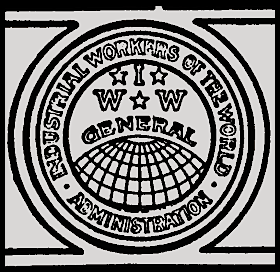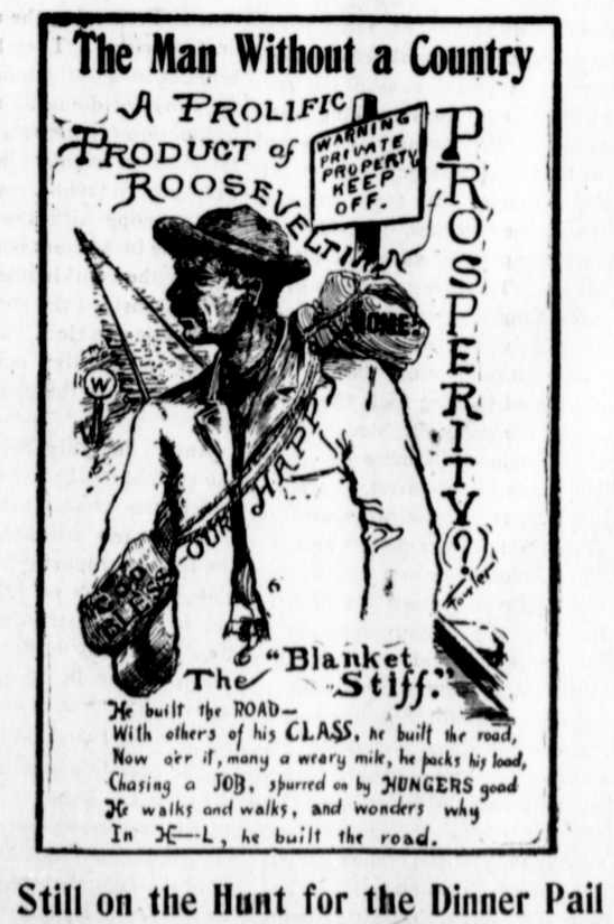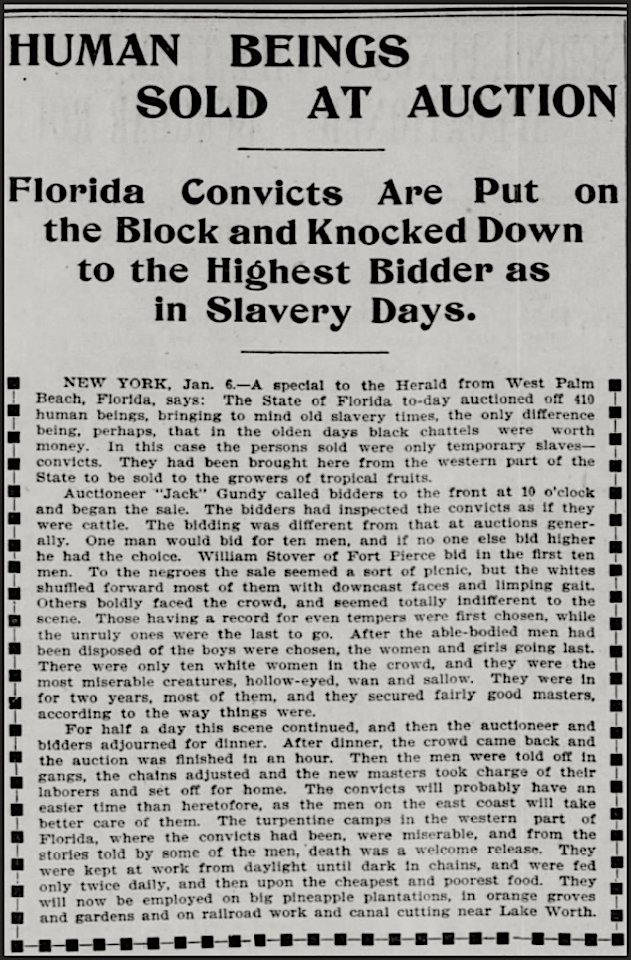Bishop Spalding and Socialism.*
[by A. M. Simons]
—————
[Part I of II]
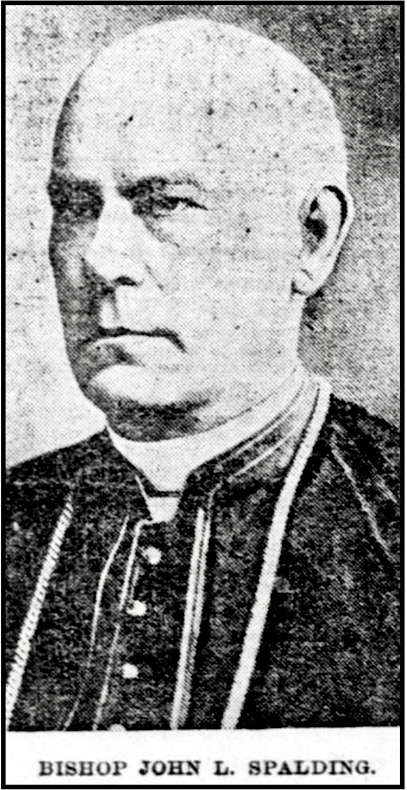
OWING to the prominence which Bishop Spalding has attained in the recent coal strike and in other matters relating to labor, his recent book on Socialism and Labor is worthy of more attention than it might otherwise merit. But the book itself is well worthy of examination. The introductory paragraphs are, on the whole, a very fair statement of the Socialist argument; and we therefore quote them at length:
The interest which all who think take in the laboring classes, whether it spring from sympathy or fear, is a characteristic feature of the age.
Their condition seems to be the great anomaly in our other wise progressive and brilliant civilization. Whether when compared with the lot of the slaves and serfs of former times that of the laborer is fortunate, is not the question. He is not placed in the midst of the poverty and wretchedness of a rude and barbarous society, but in the midst of boundless wealth and great refinement. He lives, too, in a democratic age, in which all men profess to believe in equality and liberty; in an age in which the brotherhood of the race is proclaimed by all the organs of opinion. He has a voice in public affairs, and since laborers are in the majority, he is, in theory, at least, the sovereign. They who govern profess to do everything by the authority of the people, in their name and for their welfare; and yet, if we are to accept the opinions of the Socialists, the wage-takers, who in the modem world are the vast multitude, are practically shut out from participation in our intellectual and material inheritance. They contend that the poor are, under the present economic system, the victims of the rich, just as in the ancient societies the weak were the victims of the strong; so that wage-labor, as actually constituted, differs in form rather than in its essential results from the labor of slaves and serfs. And even dispassionate observers think that the tendency of the present system is to intensify rather than to diminish the evils which do exist; and that we are moving towards a state of things in which the few will own everything, and the many be hardly more than their hired servants. In America they admit that sparse population and vast natural resources that as yet have hardly been touched helped to conceal this fatal tendency, which is best seen in the manufacturing and commercial centers of Europe, where the capitalistic method of production has reduced wage-earners to a condition of pauperism and degradation which is the scandal of Christendom and a menace to society.
The present condition of labor is the result of gradually evolved processes, running through centuries.
The failure of the attempt of Charlemagne to organize the barbarous hordes which had overspread Europe into a stable empire was followed by an era of violence and lawlessness, of wars and invasions, from which society sought refuge in the feudal system. The strong man, as temporal or spiritual lord, was at the top of the feudal hierarchy, and under him the weak formed themselves into classes. The serf labored a certain number of days for himself, and a certain number for his lord. In the towns the craftsmen were organized into guilds which protected the interests of the members. The mendicant poor were not numerous, and their wants were provided for by the bishops and the religious orders.
Then the growth of towns and the development of trade and commerce brought wealth to the burghers, who became a distinct class, while domestic feuds and foreign wars, especially the Crusades, weakened and impoverished the knights and barons. The printing press and the use of gunpowder in war helped further to undermine the feudal power, while the discovery of America, the turning of the Cape of Good Hope, and the Protestant revolution threw all Europe into a ferment from which new social conditions were evolved. The peasants who had been driven from the land by the decay of the great baronial houses, and the confiscation of the property of the church, flocked into the towns or became vagabonds. The poor became so numerous that permanent provision had to be made for them, and poor laws were consequently devised.
The master-workman, who in the middle ages employed but two or three apprentices and as many journeymen, gave way to a class of capitalists, enriched by the confiscated wealth of the church, by the treasures imported from America and the Indies, and by the profits of the slave traffic, who at once prepared to take advantage of the stimulus to industry given by the opening of a vast world market. As late as the middle of the last century, however, manufacturing was still carried on by masters who employed but a small number of hands, and had but little capital invested in the business; and the modern industrial era, with its factory system, properly begins with our marvelous mechanical inventions and the use of steam as a motive power. Machinery made production on a large scale possible, and threw the whole business into the hands of the capitalists, while laborers are left with nothing but their ability to work, which they are forced to sell at whatever prices it will bring.
Continue reading “Hellraisers Journal: International Socialist Review: “Bishop Spalding and Socialism” by A. M. Simons, Part I: The Laboring Classes” →
 —————
—————

 —————
—————
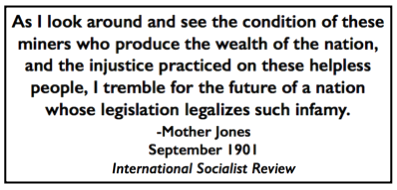 —————
—————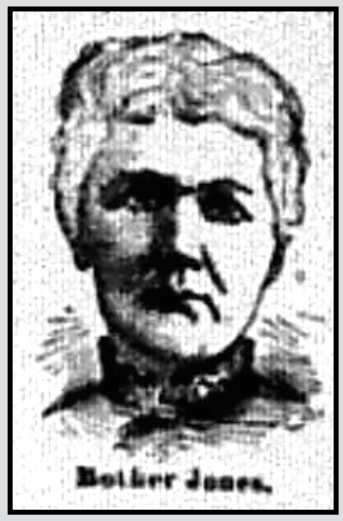
 ———-
———-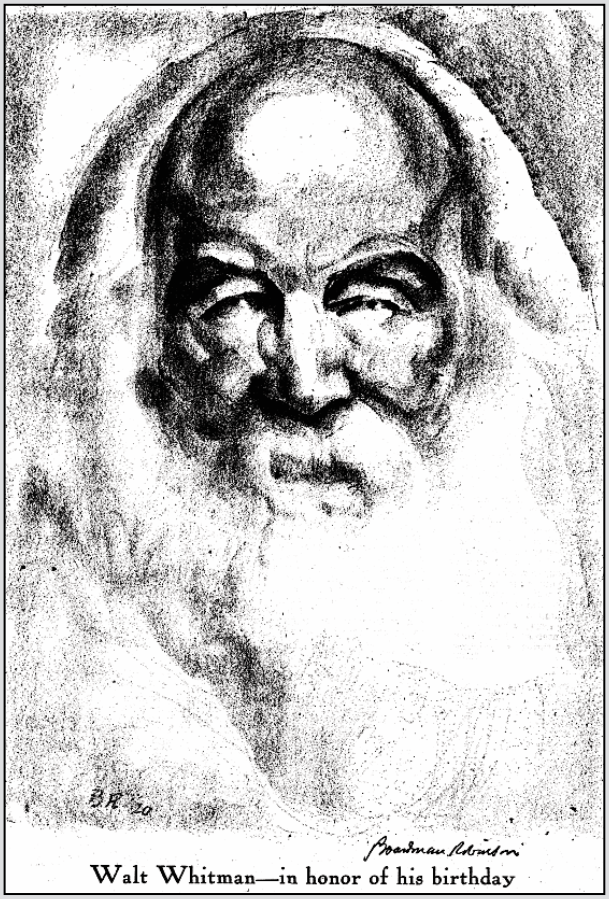
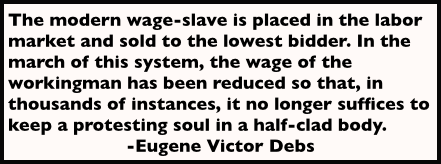
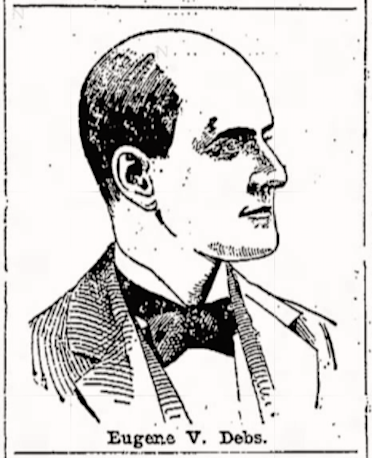
 ~~~~~~~~~~~~~~~~~~~~~~~~~~~~~~~~~~~~~~~~~~~~~
~~~~~~~~~~~~~~~~~~~~~~~~~~~~~~~~~~~~~~~~~~~~~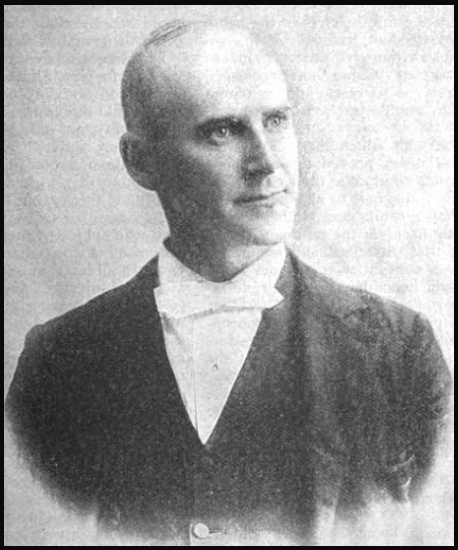
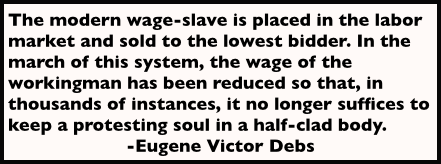
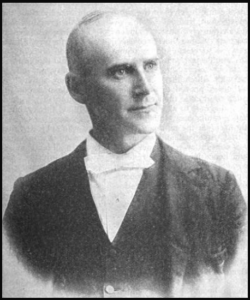 Debs Talks at Terre Haute.
Debs Talks at Terre Haute.